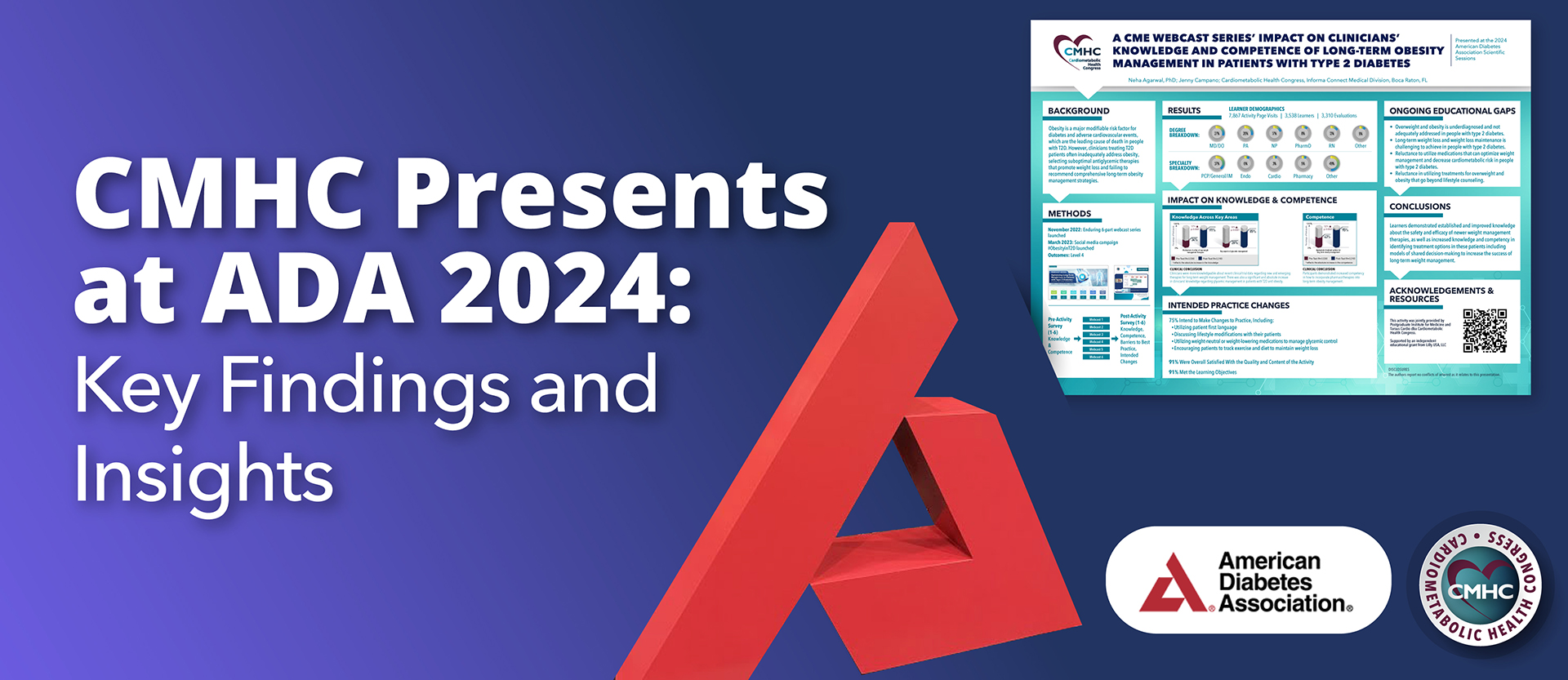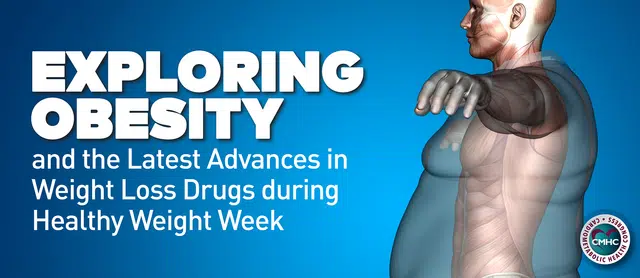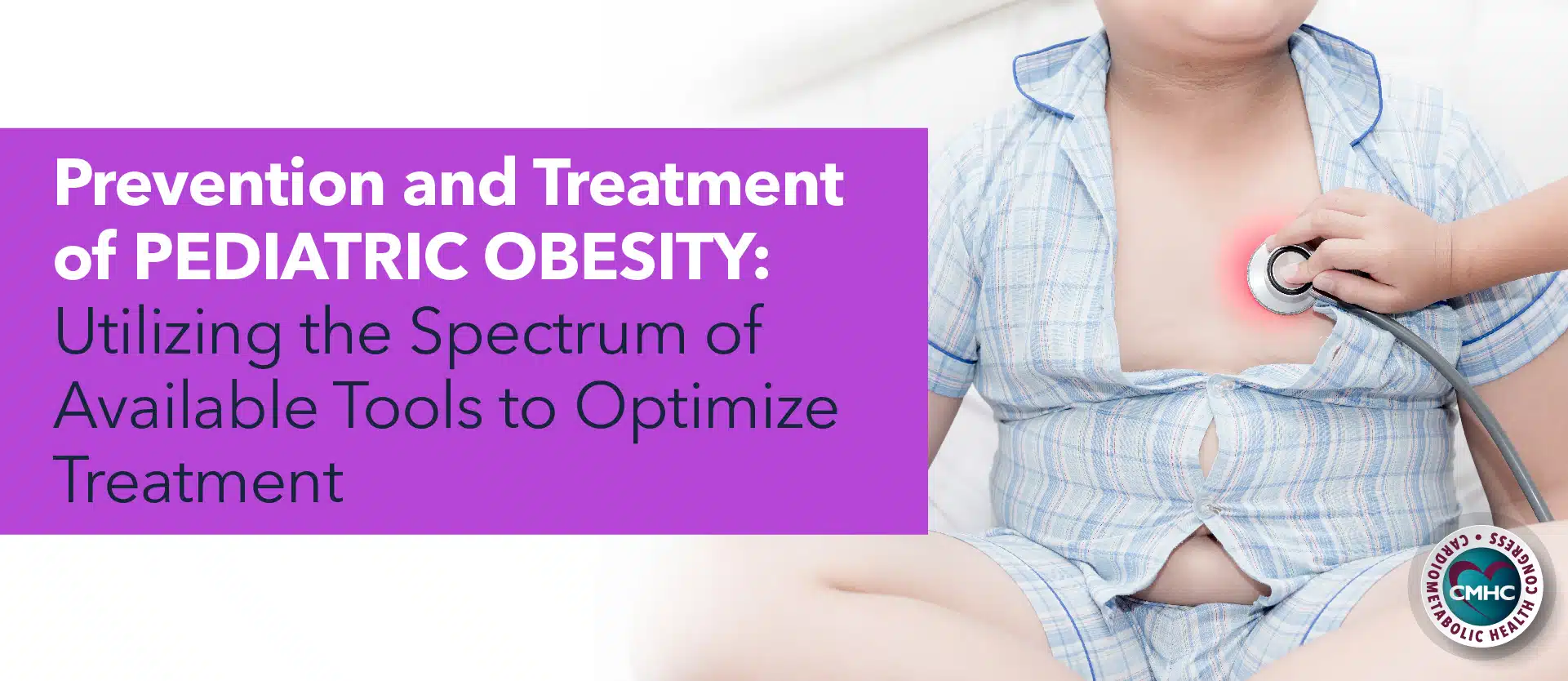 A study conducted by researchers at the National Institutes of Health has found that children of obese parents are at higher risk for developmental delays, including less advanced motor skills and lower overall measures of social competence. The research, published in the journal Pediatrics, cited evidence that indicates approximately 1 in every 5 pregnant women in the United States qualifies as overweight or obese.
A study conducted by researchers at the National Institutes of Health has found that children of obese parents are at higher risk for developmental delays, including less advanced motor skills and lower overall measures of social competence. The research, published in the journal Pediatrics, cited evidence that indicates approximately 1 in every 5 pregnant women in the United States qualifies as overweight or obese.
The investigators specifically found that children of obese mothers were more likely to fail tests of fine motor skills: the ability to control movement of small muscles, such as those in the fingers and hands. Children of obese fathers were more likely to fail measures of social competence, and those born to extremely obese couples also were more likely to fail tests of problem solving ability.
“The previous U.S. studies in this area have focused on the mothers’ pre- and post-pregnancy weight,” said the study’s primary author, Edwina Yeung, Ph.D., an investigator in NICHD’s Division of Intramural Population Health Research. “Our study is one of the few that also includes information about fathers, and our results suggest that dad’s weight also has significant influence on child development.”
Compared to children of normal weight mothers, children of obese mothers were nearly 70 percent more likely to have failed the test indicator on fine motor skill by age 3; children of obese fathers were 75 percent more likely to fail the test’s personal-social domain: an indicator of the ease with which they can relate to and interact with others by age 3. Moreover, children with two obese parents were nearly three times more likely to fail the test’s problem solving section by age 3.
While the authors note that it remains unknown why parental obesity may increase children’s risk factors for developmental delays, the publication states that animal studies have demonstrated that obesity during pregnancy may promote inflammation—which could potentially affect the fetal brain. Most importantly, the report articulates that if the correlation between parental obesity and developmental delays is further confirmed, physicians may need to account for parental eight when screening young children for delays and early interventional services.

















